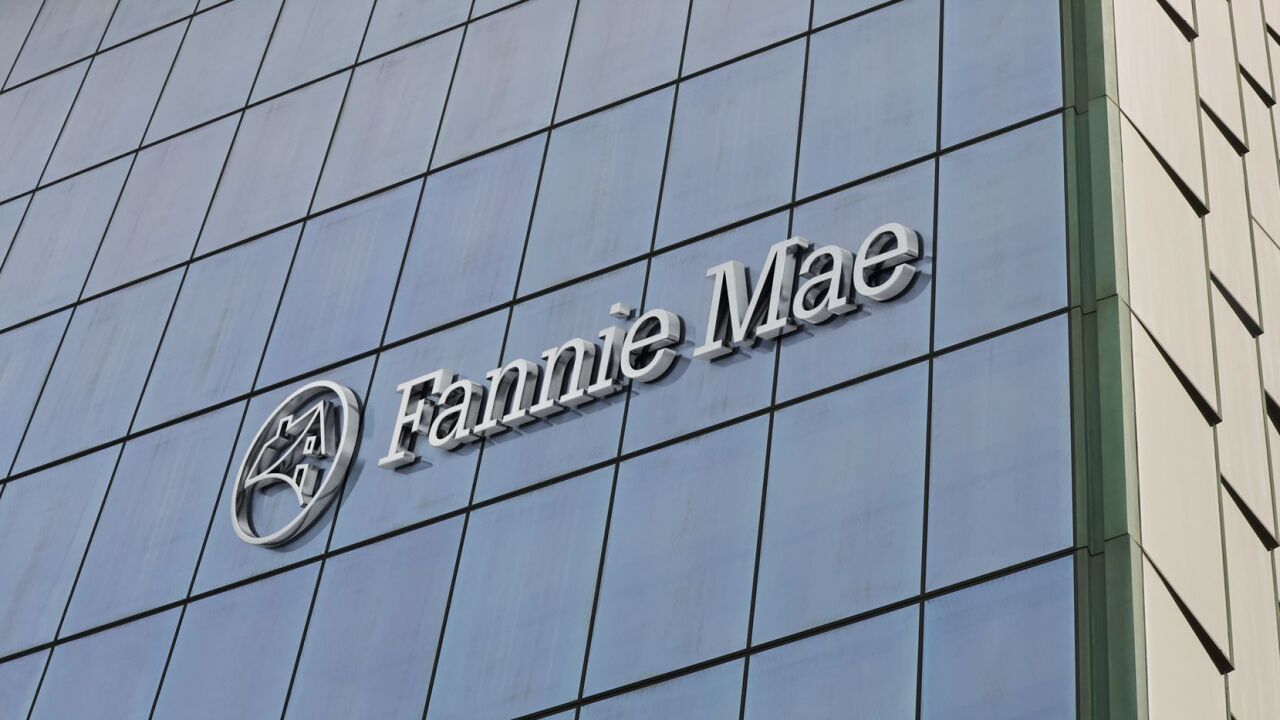-
The meeting scheduled for Dec. 12 will also include discussion of a proposal on the agency's definition of brokered deposits.
December 6 -
The agency said it plans to make its cost-benefit process “more structured” and incorporate “a number of analytical practices identified in standard references.”
December 3 -
The agency announced changes meant to reduce compliance costs and allow some institutions to provide estimates rather than disclose exact prices for international money transfers.
December 3 -
The Financial Crimes Enforcement Network and other regulatory agencies confirmed that the recent legalization of the substance eases banks' anti-money-laundering requirements.
December 3 -
The agency’s director previewed a policy for companies under enforcement action to have their orders terminated if they comply ahead of schedule.
December 2 -
The agency’s director previewed a policy for companies under enforcement action to have their orders terminated if they comply ahead of schedule.
December 2 -
The 2020 elections and a potential new chair of the Senate Banking Committee in the next Congress could put a deadline on passage of a bill to ease a key anti-money-laundering requirement for banks.
November 28 -
Lenders contend the proposal goes beyond policing third-party debt collectors and could expose banks to enforcement actions and lawsuits.
November 25 -
A 10% cut next year, which will be identical to the fee reduction this year, is projected to save the industry about $85 million.
November 25 -
In an update of its rulemaking agenda, the bureau said it "expects to take final action in April 2020" on a proposal that would rescind strong underwriting requirements.
November 21 -
The agency will review the TRID regulation, which combined disclosure requirements of two separate laws, as part of a mandate to evaluate major policies five years after their effective date.
November 20 -
The financial policy views of progressive candidates atop the presidential field are sure to worry many in the financial services industry, but it would be difficult for any new president to implement sweeping regulatory changes.
November 19 -
The 2015 decision posed new legal challenges for institutions trying to sell loans to third parties, but the federal regulatory agency proposed steps Monday for banks and debt parties to evade state interest rate caps.
November 18 -
The financial policy views of progressive candidates atop the presidential field are sure to worry bankers, but it would be difficult for any new president to implement sweeping regulatory changes.
November 17 -
Fannie Mae and Freddie Mac’s exemption from the Qualified Mortgage rule is on borrowed time, but a House bill would allow lenders to use the mortgage giants’ guidelines for documenting borrower income.
November 12 -
Many in the industry have cheered regulators’ interest in improving the supervisory rating system, but they may shy from commenting publicly about their experiences in a confidential process.
November 11 -
A remark by Director Kathy Kraninger during a congressional hearing has renewed a fierce debate over how the agency uses academic studies to support rulemakings.
October 30 -
The restriction on how often a borrower’s account is debited was supposed to be relatively straightforward, but one lender is trying to fight that provision.
October 29 -
Beneficial-ownership legislation is within the banking industry’s reach, but the prospect of new regulatory burdens for small businesses is forcing lawmakers to choose sides.
October 28 -
The Government Accountability Office determined that three Obama-era letters from the central bank related to large-bank supervision should have been submitted for congressional review.
October 23
















